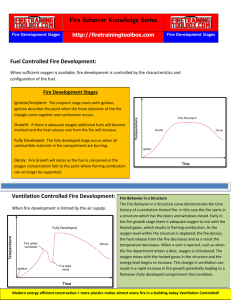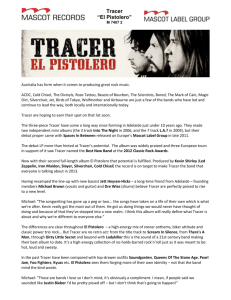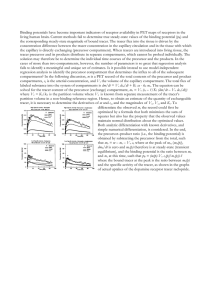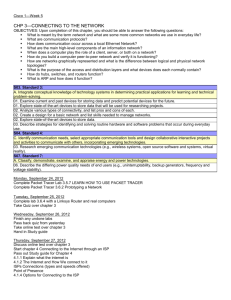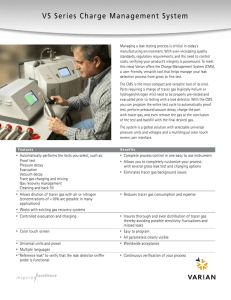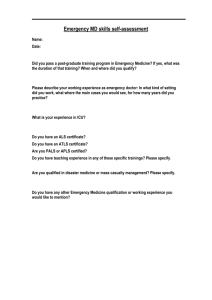HW2
advertisement
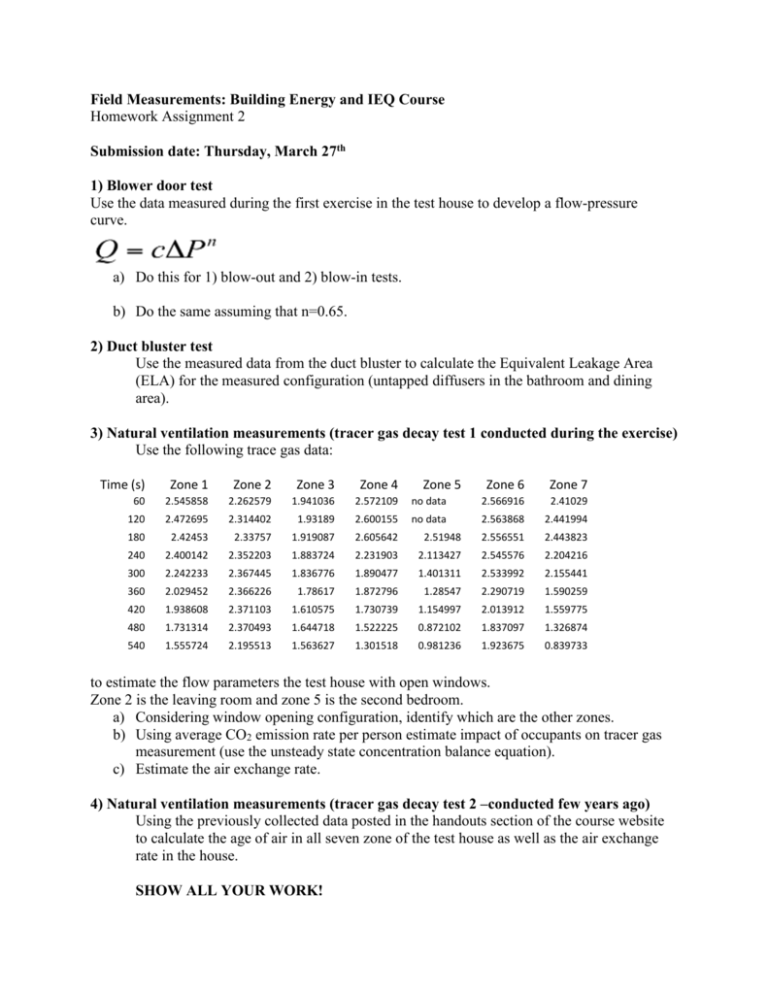
Field Measurements: Building Energy and IEQ Course Homework Assignment 2 Submission date: Thursday, March 27th 1) Blower door test Use the data measured during the first exercise in the test house to develop a flow-pressure curve. a) Do this for 1) blow-out and 2) blow-in tests. b) Do the same assuming that n=0.65. 2) Duct bluster test Use the measured data from the duct bluster to calculate the Equivalent Leakage Area (ELA) for the measured configuration (untapped diffusers in the bathroom and dining area). 3) Natural ventilation measurements (tracer gas decay test 1 conducted during the exercise) Use the following trace gas data: Time (s) Zone 1 Zone 2 Zone 3 Zone 4 Zone 6 Zone 7 60 2.545858 2.262579 1.941036 2.572109 no data Zone 5 2.566916 2.41029 120 2.472695 2.314402 1.93189 2.600155 no data 2.563868 2.441994 180 2.42453 2.33757 1.919087 2.605642 2.51948 2.556551 2.443823 240 2.400142 2.352203 1.883724 2.231903 2.113427 2.545576 2.204216 300 2.242233 2.367445 1.836776 1.890477 1.401311 2.533992 2.155441 360 2.029452 2.366226 1.78617 1.872796 1.28547 2.290719 1.590259 420 1.938608 2.371103 1.610575 1.730739 1.154997 2.013912 1.559775 480 1.731314 2.370493 1.644718 1.522225 0.872102 1.837097 1.326874 540 1.555724 2.195513 1.563627 1.301518 0.981236 1.923675 0.839733 to estimate the flow parameters the test house with open windows. Zone 2 is the leaving room and zone 5 is the second bedroom. a) Considering window opening configuration, identify which are the other zones. b) Using average CO2 emission rate per person estimate impact of occupants on tracer gas measurement (use the unsteady state concentration balance equation). c) Estimate the air exchange rate. 4) Natural ventilation measurements (tracer gas decay test 2 –conducted few years ago) Using the previously collected data posted in the handouts section of the course website to calculate the age of air in all seven zone of the test house as well as the air exchange rate in the house. SHOW ALL YOUR WORK!



